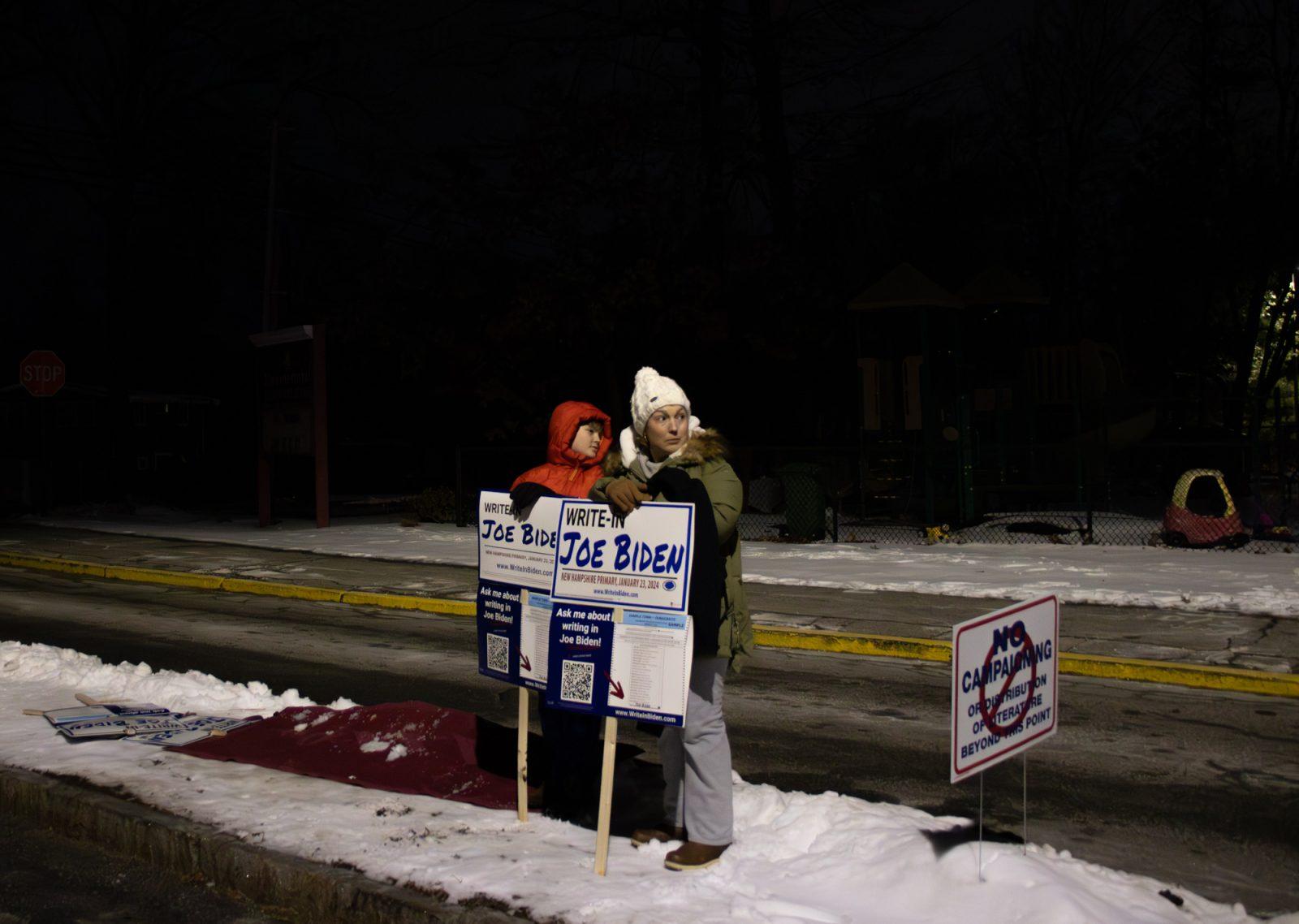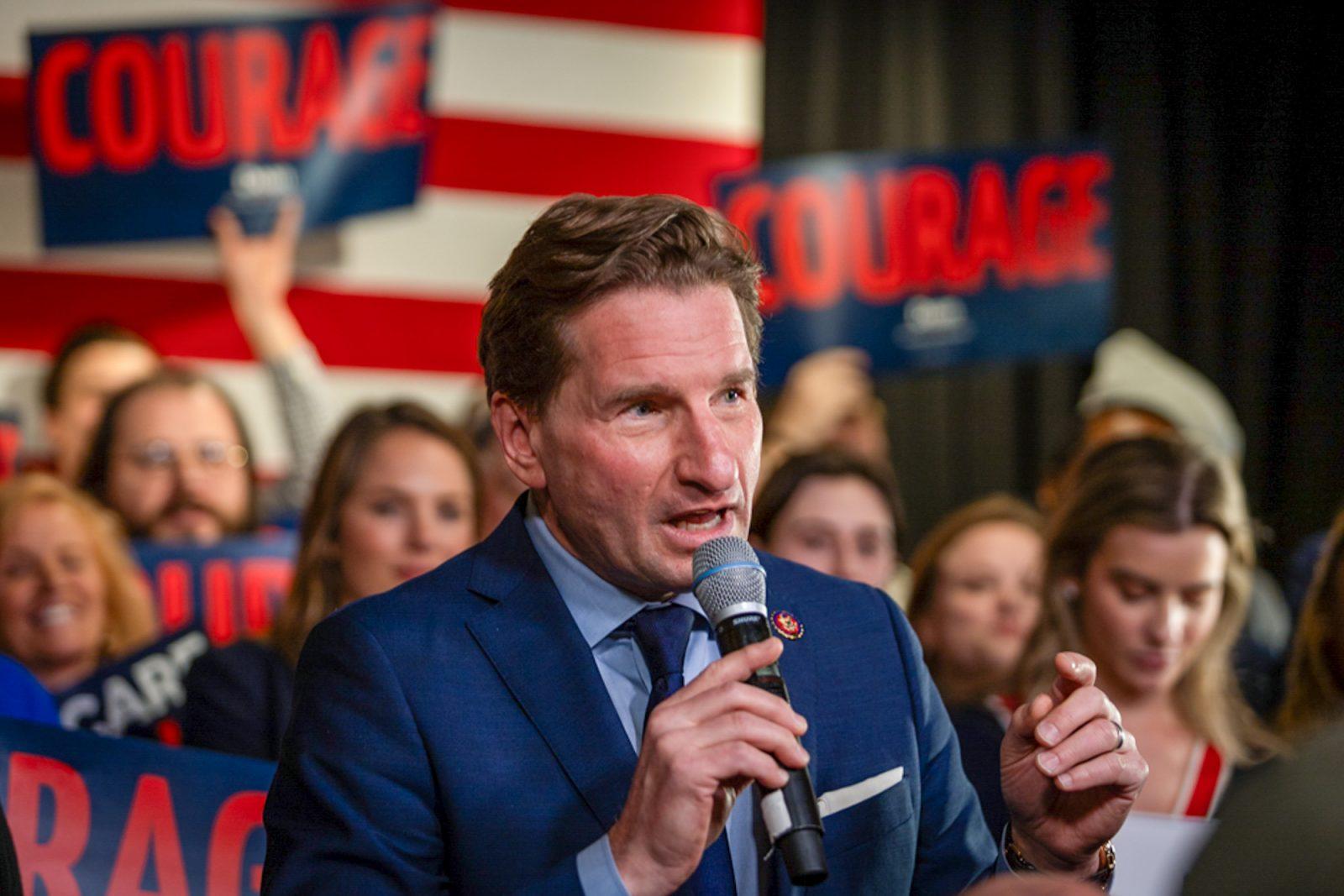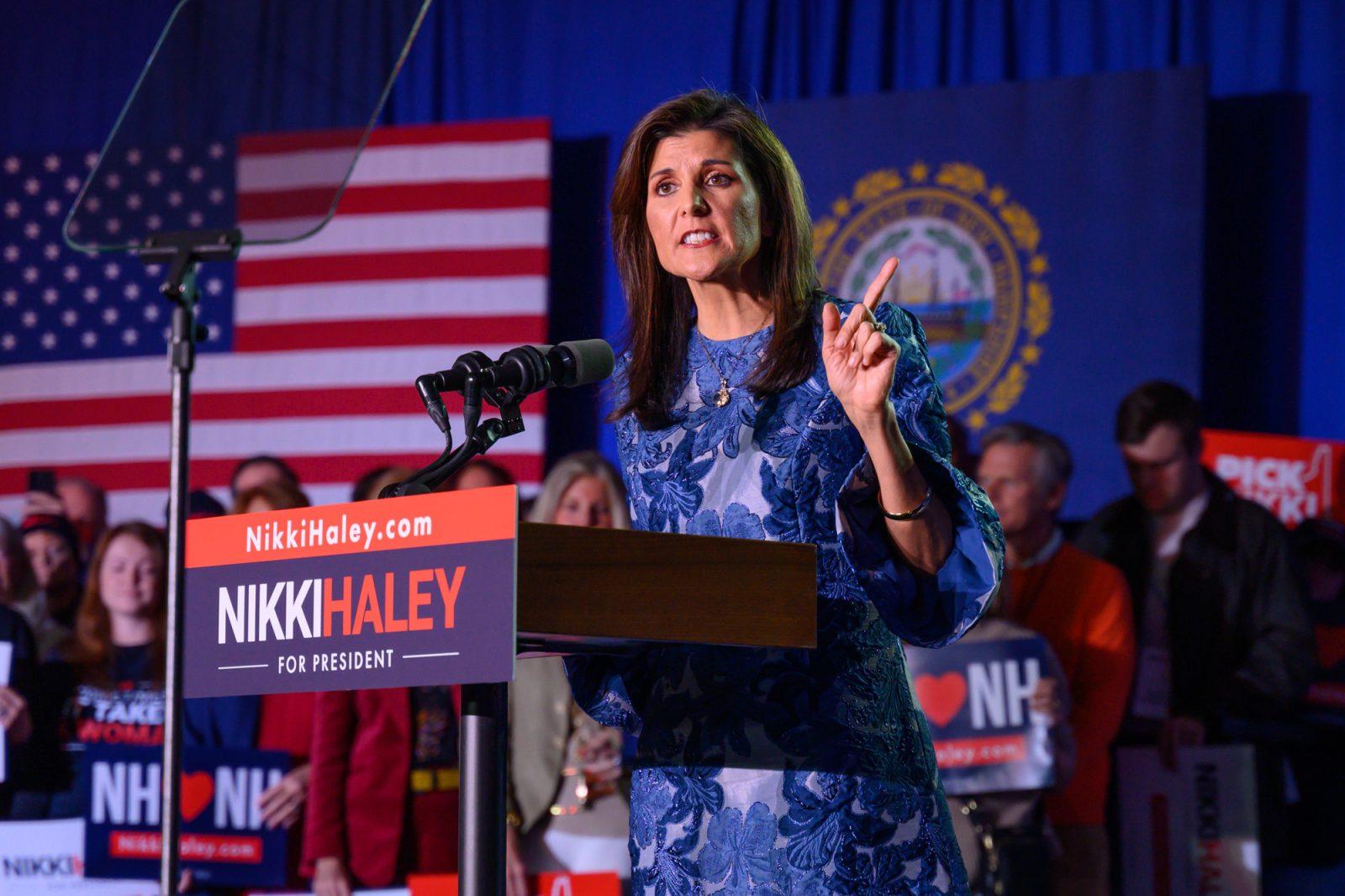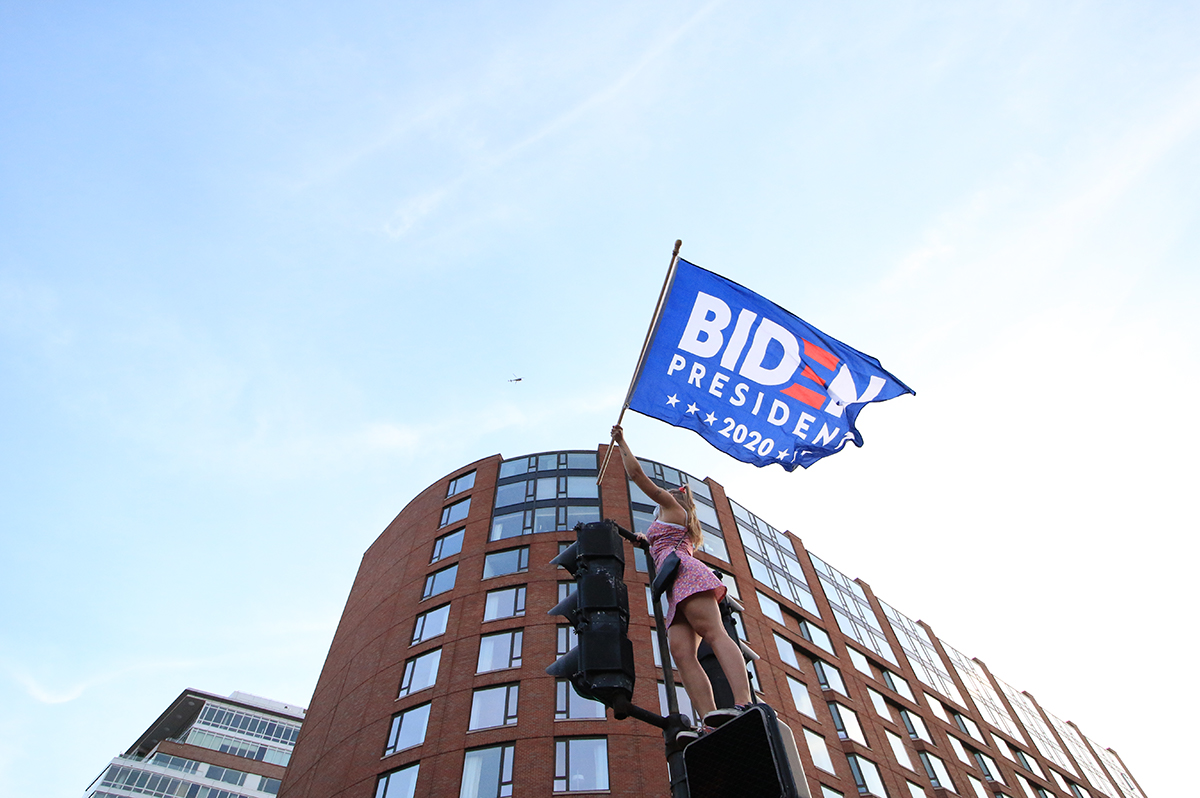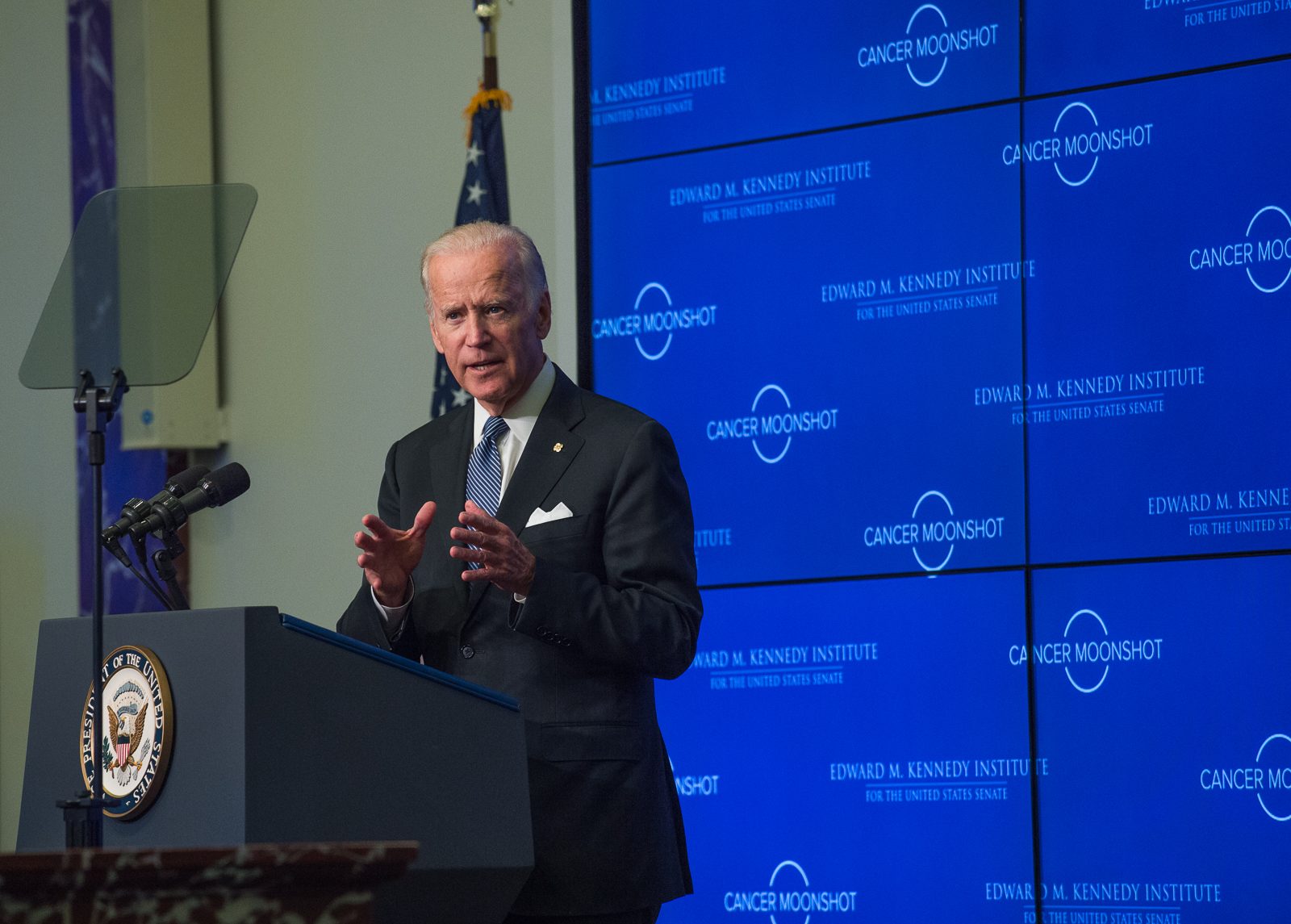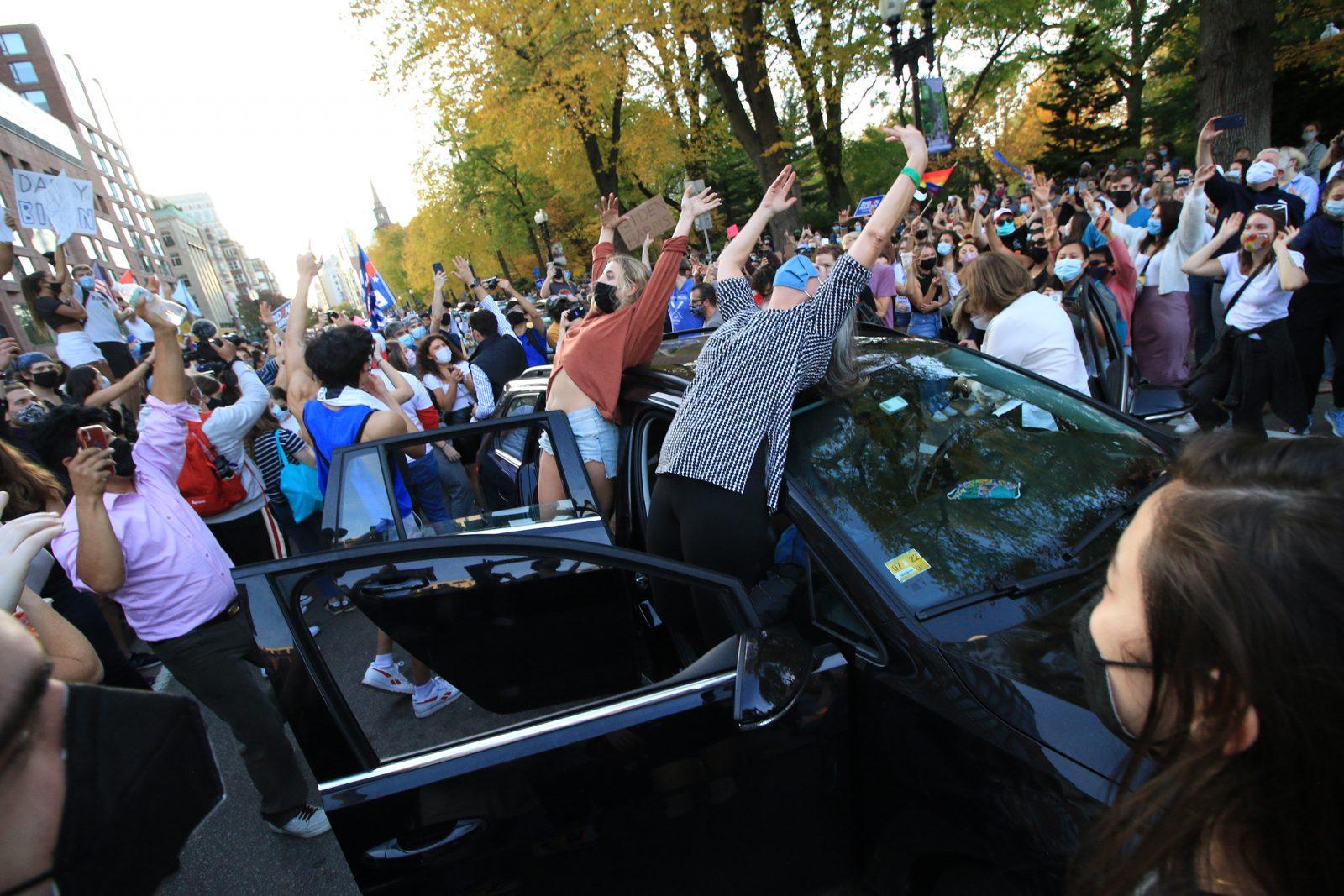Amidst national debate and dialogue on the role of guns in society, particularly in schools and on college campuses, several Boston University officials said guns do not belong on campus and are a barrier to education.
“I don’t think it is appropriate to mix the academic environment on campus and arm the students,” said BU Police Department Chief Thomas Robbins. “I strongly oppose that view. It’s a good sound byte when people say if we could just give students and faculty and staff guns, we’d be better off. There’s a huge fallacy in that and there’s a huge flaw in that.”
On Monday, U.S. Secretary of Education Arne Duncan made public comments claiming guns have no place in schools or colleges except for those possessed by law enforcement officials, such as BUPD officers.
Georgia lawmakers proposed a bill in January that would repeal the state’s ban on carrying weapons on campus.
The proposed legislation and national dialogue come in the wake of December’s Newtown, Conn. tragedy, where a man shot and killed 20 Sandy Hook Elementary School students, six staff members and himself.
One week after the shooting, National Rifle Association Executive Vice President Wayne LaPierre said at a press conference armed security should be placed in schools to offer added protection.
More than 300 college presidents signed an open letter in December advocating the banning of guns on college campuses and in schools.
Robbins, who served as the head of Massachusetts State Police from 2004 to 2006 before coming to BU, said students at BU would not be permitted to carry guns on campus unless changes were made to Massachusetts’s legislation, which bans the possession of weapons on college campuses across the state.
“There’s a statutory prohibition for guns on campus, unless you’re a police officer,” he said. “That goes throughout the Commonwealth.”
On the streets of Boston, Robbins said individuals are permitted to carry firearms with a license under circumstances specific to the legislation.
Robbins said Massachusetts is comparatively more strict on gun ownership and regulation than many other states.
“We’re considered a restrictive state, which I totally agree with,” he said. “You have to go through a process to obtain a license … You certainly want to allow people, hunters and other folks, to have their weapons, but I think that you have to have certain parameters articulating the statute and you have to follow those and become licensed.”
Robbins said from his three decades as a police officer, he believes citizens owning guns can destabilize situations where safety is a concern.
“You have a person in a classroom, he’s sitting there with a weapon, there’s a weapon in the classroom,” he said. “Whatever happens in that classroom, if there’s a physical struggle and someone disagrees with someone and it doesn’t raise to the level of deadly force, you’ve injected a weapon into it. There’s now a weapon in that situation so anything can go wrong.”
Christine Rossell, a political science professor, said on-campus gun advocates fail to acknowledge difficulties of safely defending oneself without adding collateral damage.
“We all think of ourselves as rational,” she said. “We don’t understand what could happen when emotion is high and there’s all this commotion going on because none of us have been in that situation. We sit behind a desk and make these decisions.”
Rossell said individual citizens often do not have the experience of trained public safety experts.
“When things get going where you think something’s happening, it’s very difficult for someone who hasn’t had decades of training to know exactly who they’re supposed to be shooting,” she said. “That’s problem number one. There would be unnecessary deaths if there were guns on campus.”
Robbins said armed students would also provide a distraction and disrupt the educational atmosphere in classrooms.
“You’re going to get calls for weapons in class saying, ‘Hey, someone in here has a gun,’” he said. “Even if that someone can carry it [legally], I would think if I was a student, I would be a little unnerved if I looked to my left and saw someone sitting there with a gun.”
Rossell said she anticipates few changes being made in the gun debate, and that it is very unlikely for legalization of guns to come to BU’s campus.
“We’re already, in the Northeast, the northern U.S., western U.S., we’re already opposed to having guns anywhere, except by law-abiding officials or people who go to gun ranges or hunters,” she said. “The only people who might be influenced by any statement by anyone, either for or against, would be the gun belt, which is the southern states and Texas.”





















































































































